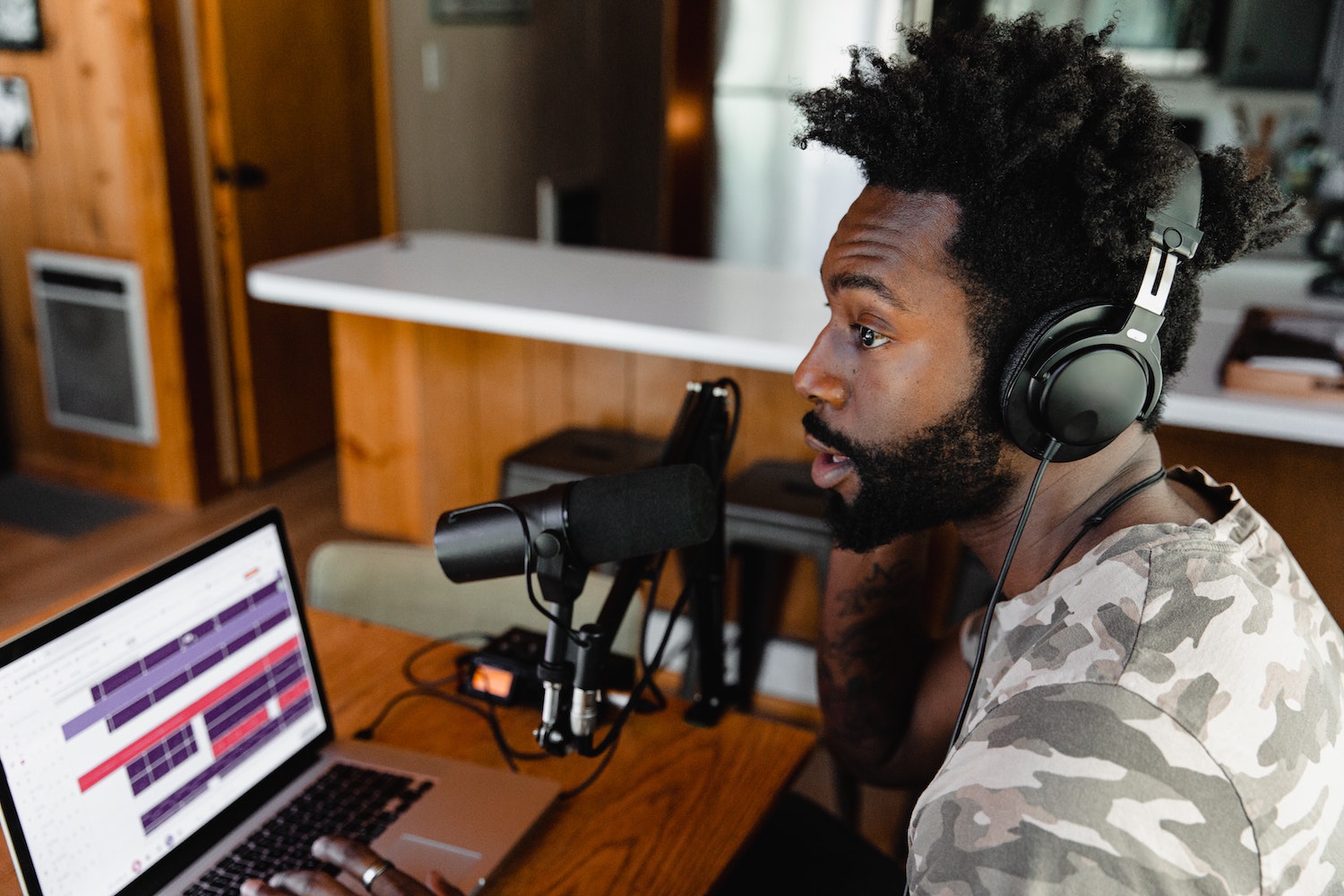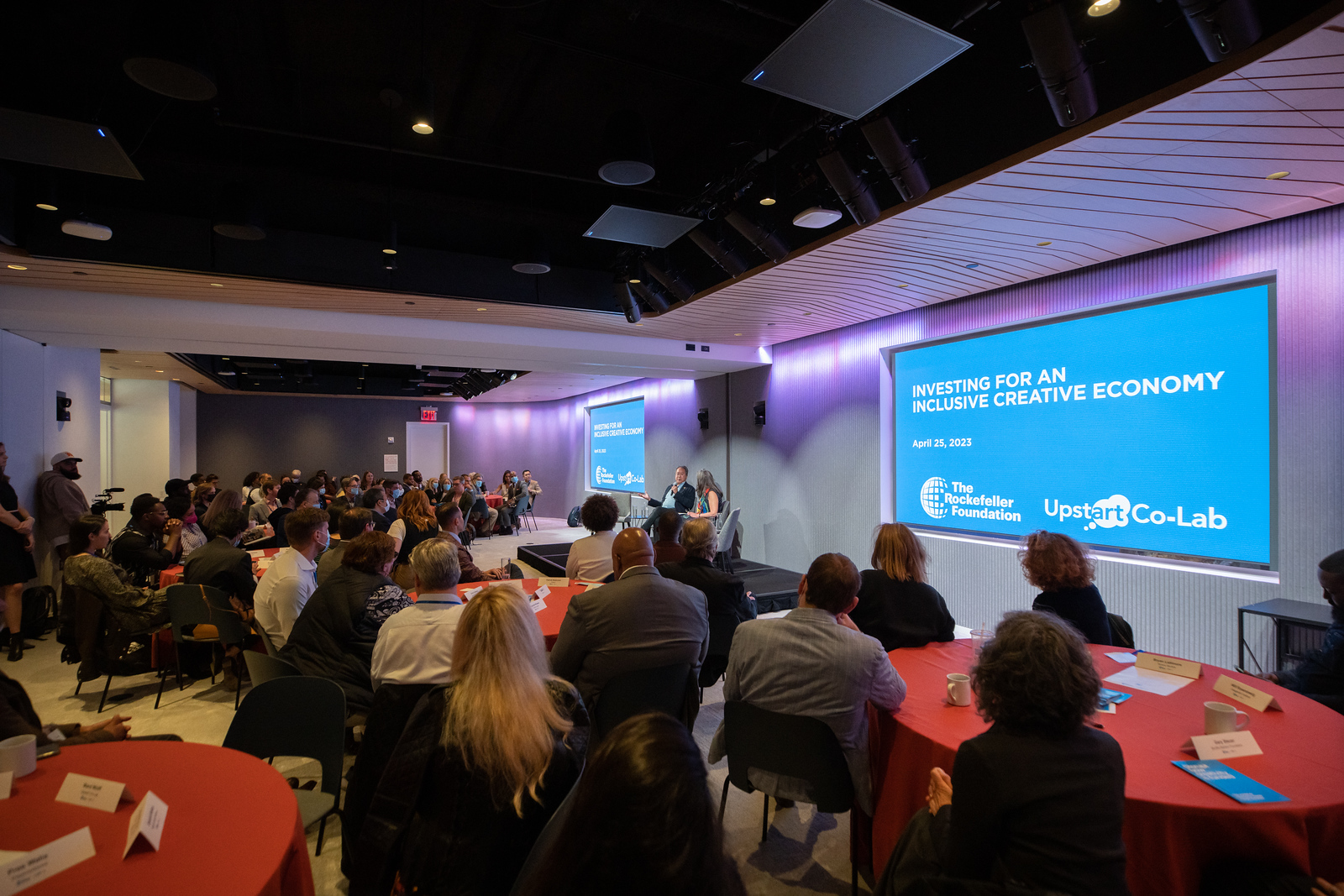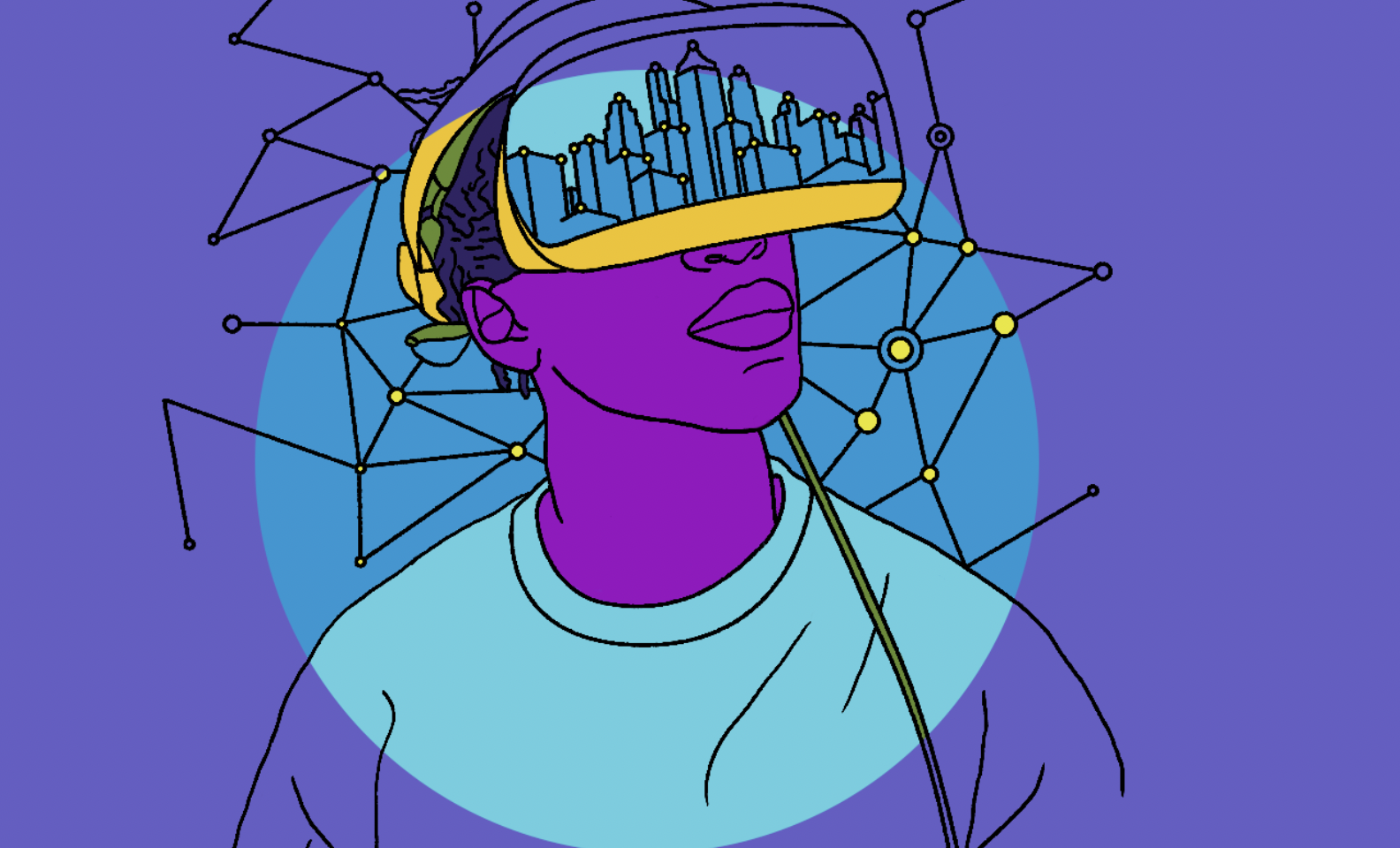The creator economy is a burgeoning new segment for all investors – art-lovers or not – who want to drive impact through quality jobs, community wealth-building and diversity, equity and inclusion.
As an alternative to record labels, publishing houses, Hollywood studios, and mega-galleries, the creator economy often vests professional decisions with the creatives themselves, reducing barriers to creative careers. By equipping content creators with the tools of entrepreneurship, the creator economy offers new ownership models and pathways to wealth-building, with the potential to build a “creative middle class.”
COVID lockdowns accelerated the growth of the sector, contributing to both the supply of and demand for on-line content. With an estimated $100 billion market size and employing roughly 50 million people globally, the creator economy is booming. This growing ecosystem of products and services enables independent content creators to make, manage and monetize their work online.
In the public markets, beyond the FAANGs, shares in companies like Shopify, Etsy, Pinterest and Adobe skyrocketed (Etsy surged from a low of $31.69/share on 3/20/20 to $212.60 as of 9/13/21).
In the first six months of 2021, private investors deployed more than $2 billion into U.S. creator economy companies including Patreon, Mighty Networks, Stir, and Canva. Private valuations have been off the charts – in an April 2021 financing, Patreon tripled its valuation to $4 billion in just seven months. Last week, Canva raised $200 million at a $40 billion valuation.
And still, while it has enormous potential to help creative people succeed, the creator economy is not yet living up to its promise – especially for BIPOC and women creatives. While comprehensive demographic information is surprisingly hard to come by, a quick review of top earners across the major platforms indicates that the creators profiting the most do not reflect the diversity of the US population.
Impact opportunity
Ji Lin’s Atelier Ventures based in Pittsburgh, PA has built its entire investment thesis on the creator – or as they describe it the “passion” – economy anchored in a commitment to democracy and community. We believe there is an opportunity for more impact investors to play an important role in shaping the power and potential of these new platforms. And if conventional investors are right, the creator economy is a great financial bet.
Hundreds of companies in this quickly expanding sector are offering a range of products and services. Four product categories stand out, including software and hardware tools that facilitate the creative process, digital platforms that audiences with content creators, monetizers helping creators cash in and business management and fintech solutions that help creatives manage their businesses.
Upstart Co-Lab has identified a growing number of companies – many that are themselves led by diverse founders – seeking values-aligned capital right now, across all segments of the creator economy ecosystem.
- Tools for creative production focused on inclusivity, access, education, and bridging the digital divide: Artiphon makes accessible and intuitive electronic instruments with applications ranging from education to mental health and wellness. Diverse and women-led Preemadonna, the company behind the Nailbot, arms girls with tech, design and entrepreneurial skills through nail art powered by a digital community and marketplace.
- Digital platforms featuring content by and for diverse creators, on impact themes: Trading.TV is a Black-led social livestream app for traders and financial content creators. Somewhere Good is a reimagined social platform designed for people of color fostering community around shared interests and passions (from Naj Austin, founder of Ethel’s Club).
- Monetizers that combat cultural appropriation and prioritize the creator: Made with Black Culture is a Public Benefit Corporation that protects Black culture from commercial exploitation, appropriation and theft through a blockchain-enabled trademark. Rally allows creators to mint their own sustainably generated token, monetizing relationships with fans; read their CEO’s Creators Bill of Rights to understand their motivations.
- Business management solutions that lower barriers to entry for diverse creators: Youth on Record, a music education nonprofit, is launching a social impact creative agency with a full suite of client and business services. Pietra helps entrepreneurs launch consumer brands – from sourcing, and production to warehousing and fulfilment – and estimates that more than 70% of its 20,000 users are women and first-time entrepreneurs.
Nascent market
Creator platforms allow anyone to make and publish content. Expanding the universe of who gets to tell their story – beyond the limits set by entrenched gatekeepers and regardless of formal training – is undeniably exciting. But access does not guarantee diversity, equity and inclusion, especially in a free-for-all market in its nascent stage.
The creator economy includes a wide world of influencers beyond artists, designers, chefs, musicians and makers. While this is a strength in its own right, savvy viral “noise” dominating social feeds takes attention away from emerging voices and issues worthy of consideration.
Income discrepancies and pay gaps among marginalized groups persist; technologies often facilitate cultural appropriation and lack of credit to BIPOC content originators as highlighted by movements such as #BlackTikTokStrike, and creatives in general are simply not sharing in the profits as expected. It’s Big Tech and the largest venture capital firms that so far stand to benefit the most from this transformation of how creative content is made, shared and monetized.
New companies are being launched every day in the creator economy. We are tracking them at Upstart Co-Lab to share with impact investors who understand the power of art, design, culture, heritage and creativity to drive financial return and make positive, measurable social and environmental impact. Please get in touch to share companies and funds we should know about.
Ward Wolff is Associate Director at Upstart Co-Lab, an organization disrupting how creativity is funded by connecting impact investing to the creative economy.











